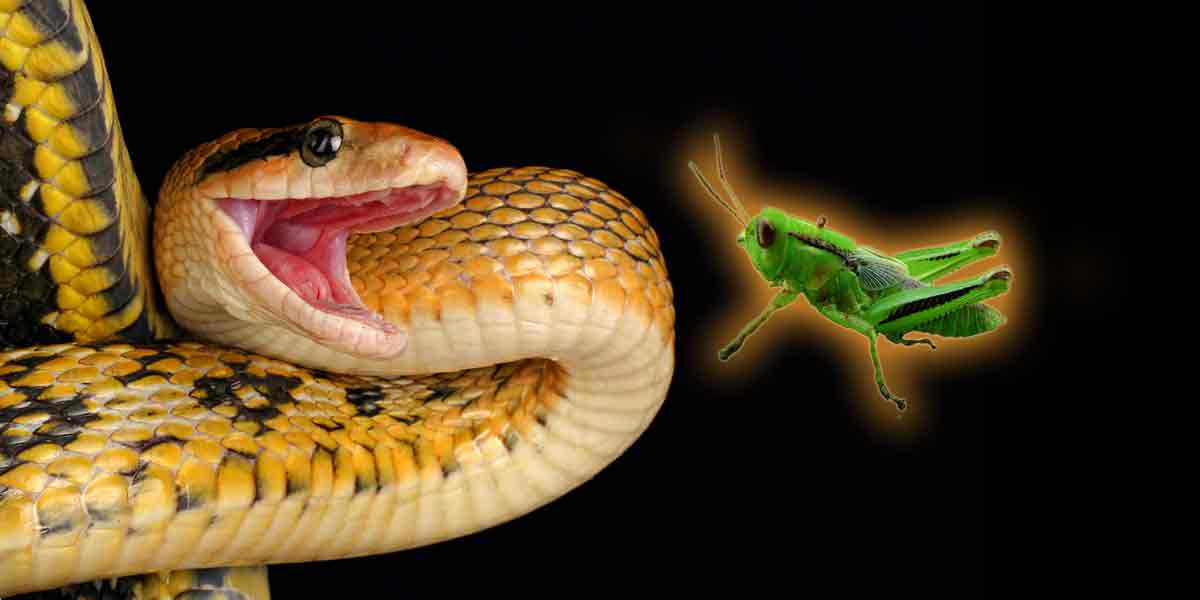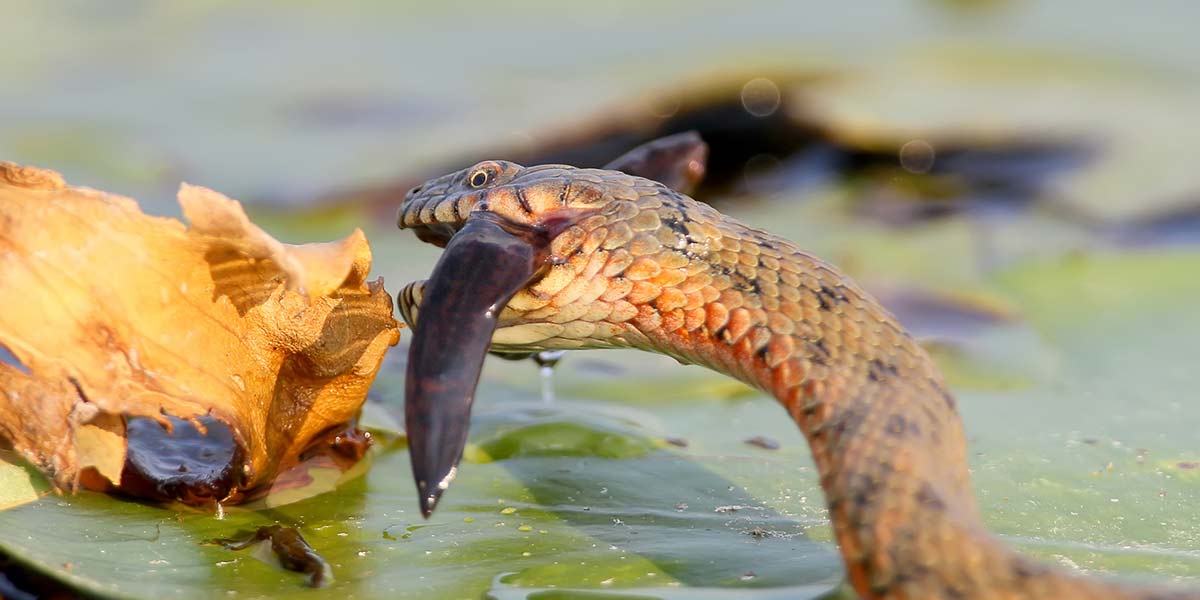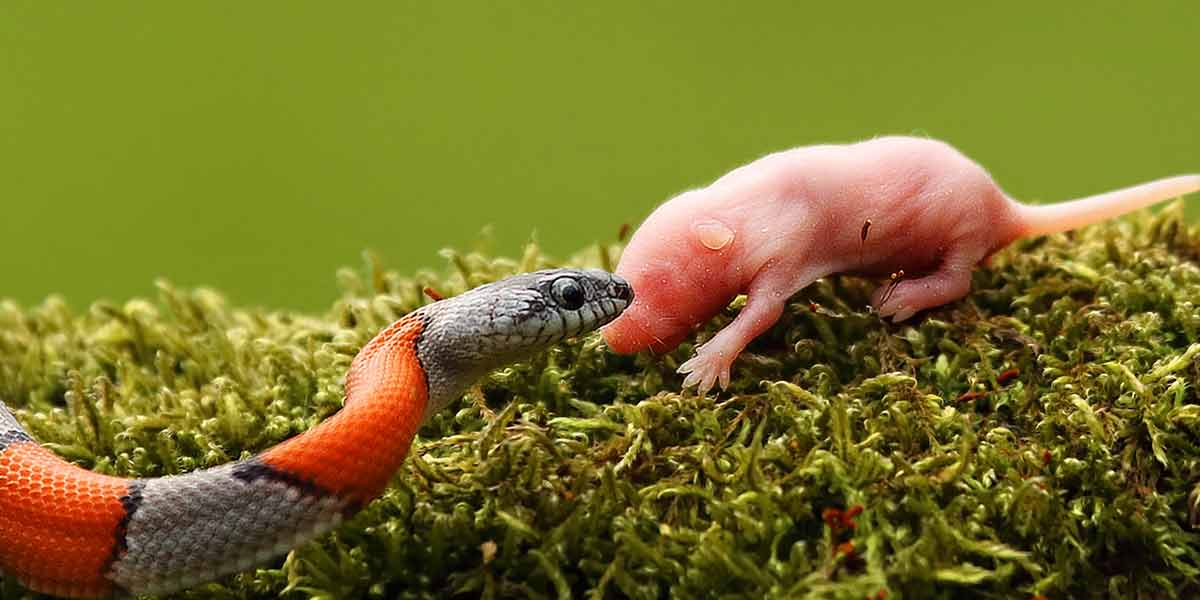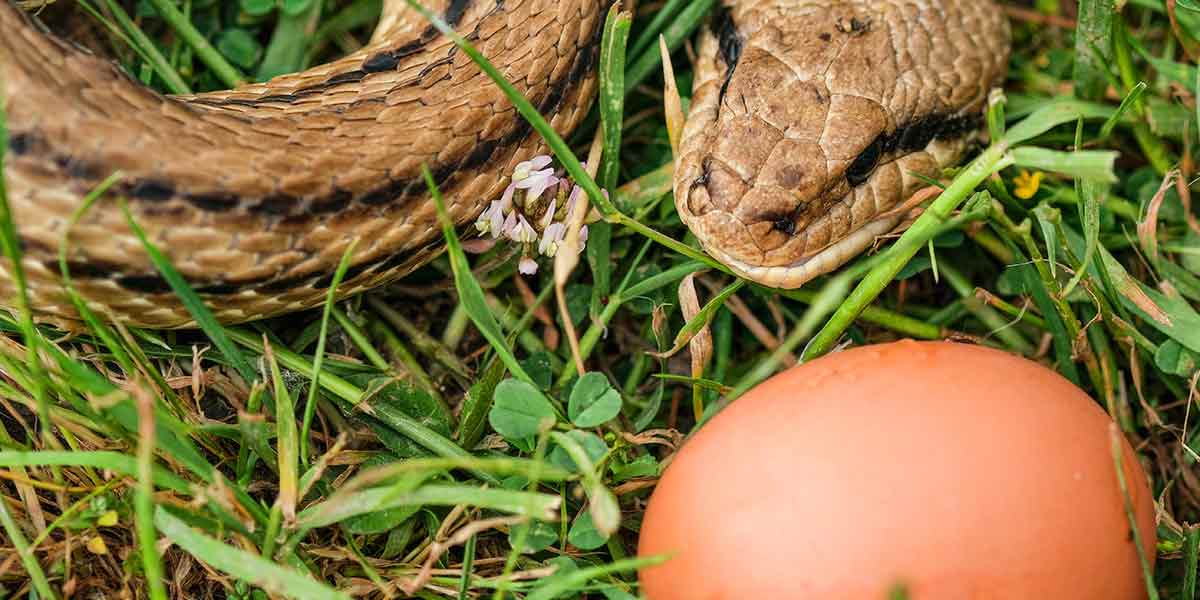Can I feed my snake grasshoppers? If you’re a snake owner, you may be wondering if it’s okay to feed your snake grasshoppers. Grasshoppers are a common food source for many reptiles and are often available at pet stores. However, before you start feeding your snake grasshoppers, there are a few things you should consider.
As an affiliate, we earn from qualifying purchases. We get commissions for purchases made through links in this website’s posts from Amazon and other third parties.
Firstly, it’s important to note that not all snakes can eat grasshoppers. Some species of snakes require a specific diet and may not tolerate grasshoppers well. Additionally, some grasshoppers may be toxic to certain snake species, so it’s important to do your research and make sure the type of grasshopper you’re feeding your snake is safe for them to eat.
That being said, there are also potential benefits to feeding your snake grasshoppers. Grasshoppers are a good source of protein and can provide a varied diet for your snake. However, as with any new food source, it’s important to introduce grasshoppers gradually and monitor your snake’s behavior and health to ensure they are tolerating the new food well.
Understanding snake diets
When it comes to feeding your snake, it’s important to understand its natural diet in the wild. Snakes are carnivores and require a diet of meat to survive. Typically, birds, rodents, and other small creatures make up their food. In captivity, snakes are typically fed pre-killed rodents or other commercially available prey items.
It’s important to note that not all prey items are created equal. Some prey items may not provide the necessary nutrients for your snake’s health. For example, feeding your snake a diet solely consisting of mice can lead to health problems due to its high-fat content. It’s important to provide a varied diet for your snake to ensure they receive all the necessary nutrients.
Snakes that eat bugs, not rodents! Top 5 insect-eating snakes video:
When considering feeding your snake grasshoppers, it’s important to understand the benefits and risks. Grasshoppers can be a good source of protein for your snake, but they may not provide all the necessary nutrients. Additionally, feeding your snake wild-caught grasshoppers can introduce parasites or other harmful bacteria to your snake.
In summary, while grasshoppers can be a good addition to your snake’s diet, providing a varied diet that includes commercially available prey items is important.
If you do choose to feed your snake grasshoppers, be sure only to use commercially raised insects to avoid introducing harmful bacteria or parasites to your snake.
Can I feed my snake grasshoppers? Grasshoppers as food
Feeding your snake grasshoppers can be a nutritious and enjoyable part of their diet. However, it is important to understand the benefits and risks associated with this type of food.
Benefits
Grasshoppers are a great source of protein which is essential for your snake’s growth and development. Protein helps in muscle development and supports the proper functioning of various body systems. They are a great healthy option because they are also low in fat.
Grasshoppers are also rich in vitamins and minerals, such as calcium, phosphorus, and magnesium. These nutrients can help your snake maintain a healthy weight and promote good overall health.
1. Balanced calcium and phosphorus ratio
Snakes require a balanced ratio of calcium and phosphorus for healthy bone development and maintenance. Inadequate calcium intake can lead to metabolic bone disease, which can have severe consequences for your snake.
Feeding grasshoppers to your snake helps maintain this crucial calcium-to-phosphorus ratio, as they have a balanced nutritional profile. The exoskeleton of grasshoppers contains a decent amount of calcium, while the internal tissues offer a good source of phosphorus.
2. Vitamins
They also contain vitamin B12, which supports nerve function and aids in the production of red blood cells. Grasshoppers are also rich in vitamin A, which is crucial for maintaining healthy skin, vision, and immune function. Incorporating grasshoppers into your snake’s diet provides them with a well-rounded source of essential vitamins.
3. Mental stimulation
Grasshoppers can also provide your snake with mental stimulation. Hunting and catching its own food is a natural instinct, and providing your snake with live prey can allow it to satisfy this instinct. This can provide a great form of mental enrichment, as it can help keep your snake active and engaged.
4. Reduces stress levels
Finally, providing your snake with live prey can help reduce stress levels. When snakes are kept in captivity, they can become stressed and anxious. Live prey can help to alleviate this stress by giving your snake something to focus its attention on.
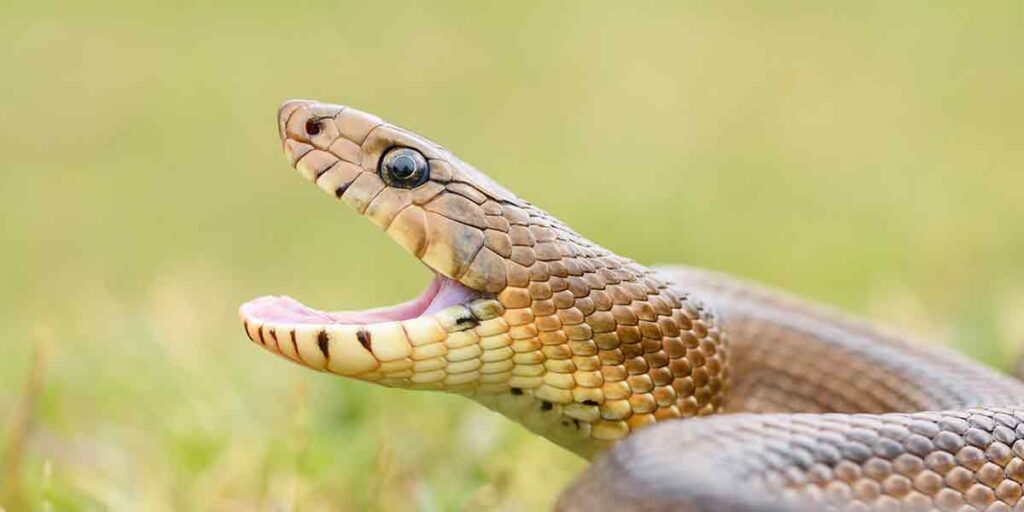
Risks
While grasshoppers can be a great addition to your snake’s diet, there are also some risks to consider:
1. Parasites or diseases
Some grasshoppers may carry parasites or diseases that can harm your snake. It is important to only feed your snake grasshoppers that are raised specifically for reptile food, as wild-caught grasshoppers may have been exposed to pesticides or other harmful substances.
2. Potential digestive problems and others
Additionally, some species of grasshoppers may have tough exoskeletons that can be difficult for your snake to digest. It is important to monitor your snake’s behavior and digestion after feeding them grasshoppers to ensure they can properly digest the food.
It is important to remember to only feed your snake grasshoppers that haven’t been exposed to any pesticides or chemicals. Also, you must make sure that the grasshoppers are a suitable size for your snake and that you are not overfeeding them.
Lastly, it is important to be aware that after eating grasshoppers, your snake may become more active and may require more attention and interaction.
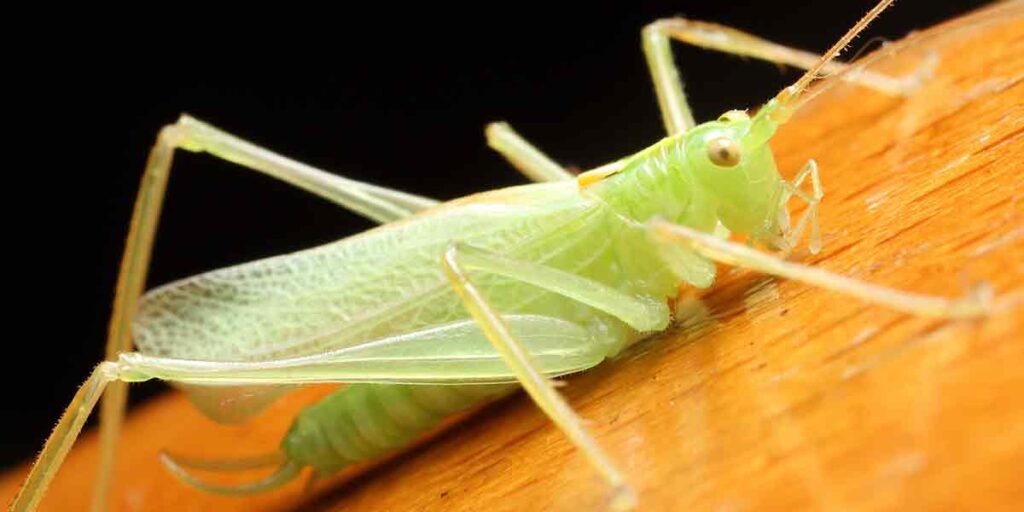
Feeding tips:
Here are a few tips to keep in mind when introducing grasshoppers into your snake’s diet:
- Size Matters: Choose grasshoppers that are an appropriate size for your snake to avoid choking hazards and digestive issues. The size of the prey should be similar to the widest part of your snake’s body.
- Quality Control: Ensure the grasshoppers you feed your snake are from a reputable source to avoid any potential health risks or pesticide exposure.
- Balance the Diet: While grasshoppers offer numerous benefits, it is essential to provide a balanced diet by incorporating other appropriate food sources such as rodents and other insects to meet your snake’s specific nutritional needs.
Conclusion
In conclusion, feeding your snake grasshoppers can be a great way to provide your pet with enrichment, nutrition, and mental stimulation.
Grasshoppers can be a healthy and enjoyable part of their diet, but it is important to carefully consider the benefits and risks before adding this food to their diet.
However, it’s important to remember that the specific dietary needs of each snake may vary, so consult with a reptile veterinarian or an experienced snake keeper to ensure you are meeting your snake’s dietary requirements.

